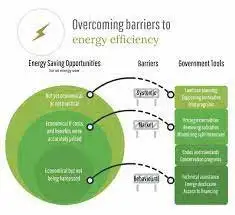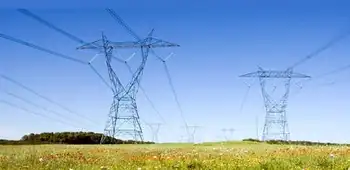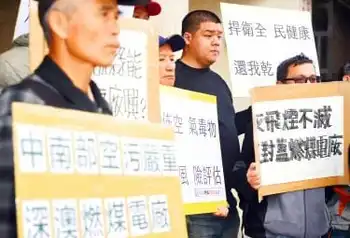Law not followed for coal plant: judge
The Sierra Club and Earthjustice had sued to try to block the plant, claiming that the Department of Agriculture's Rural Utility Service had acted improperly by not requiring an environmental impact statement on the 895-megawatt generating station.
Federal District Judge Emmet G. Sullivan in Washington granted the environmental groups' request for summary judgment. His reasons were not immediately released, pending action by lawyers in the case to remove confidential business information before the full order is made public.
An attorney for the environmental groups said that he planned to ask the court for an immediate injunction to prevent construction from beginning. A permit, which allows construction to begin any time, was approved by state officials in December.
The environmental groups had argued that federal subsidies from the Rural Utility Service — and its assumption of a $91 million financial interest in the coal plant developer, Sunflower Electric Power Corp. —essentially made the Holcomb plant a federal project.
"As a public project, the Holcomb plant requires close public scrutiny and a meaningful analysis of alternatives and environmental risks," Earthjustice lawyer Jan Hasselman said in a statement. "Without it, both taxpayers and our environment are at risk."
Sunflower officials declined to comment.
Sunflower originally proposed adding two 700-megawatt generating units to its existing 360-megawatt plant, but the Kansas Department of Health and Environment under then-Gov. Kathleen Sebelius denied required air-quality permits. From 2007 to 2009, the Legislature passed four bills to try to force approval, all of which Sebelius vetoed.
Within a week of taking over after Sebelius resigned to join the Obama administration as Health and Human Services secretary, the new governor, Mark Parkinson, made a deal with Sunflower to allow the scaled-back power plant in conjunction with environmental improvements to offset its impact.
The Parkinson compromise cut the plant's projected output of carbon dioxide, a greenhouse gas linked to global climate change, from nearly 11 million tons a year to 6.6 million. The offsets were projected to reduce the overall CO2 impact by an additional 3 million tons.
The plant received its state permits in December, shortly before Parkinson left office and shortly after he fired Rod Bremby, the KDHE secretary who had denied the Holcomb permits during Sebelius' administration.
Legislative veterans of the Holcomb fight had varying views on the court decision favoring the environmental interests.
"This is a wake-up call to go and re-examine the project," said Rep. Annie Kuether, D-Topeka, the ranking Democrat on the House Energy and Utilities Committee.
She said she was not surprised by the judge's ruling, saying there have always been questions about the federal role in Sunflower's finances and how that might affect environmental requirements.
"This has been a concern of mine since we started the debate all those years ago," she said.
"From day one, everyone expected everyone to sue everyone," said Rep. Nile Dillmore, D-Wichita. Of the judge's decision, he said, "that's an interesting twist."
House Majority Leader Arlen Siegfreid, R-Olathe, said he thinks the decision is "harmful to Kansas and our energy needs and prices."
Like Dillmore, he said he had expected litigation after the coal plant was approved.
"We must have coal-generated power," he said. "Many of us want nuclear energy but that would be a minimum 10 years away."
He said he expects the coal plant to be up and running sooner.
"My position is it will prevail and be allowed to go forward eventually, after these challenges play out," he said.
Judge Sullivan granted Sunflower's request to file additional arguments before determining a remedy in the case. Under his order, the final briefs and replies will be due June 27.
Related News

Data Center Boom Poses a Power Challenge for U.S. Utilities
WASHINGTON - U.S. electric utilities are facing a significant new challenge as the explosive growth of data centers puts unprecedented strain on power grids across the nation. According to a new report from Reuters, data centers' power demands are expected to increase dramatically over the next few years, raising concerns about grid reliability and potential increases in electricity costs for businesses and consumers.
What's Driving the Data Center Surge?
The explosion in data centers is being fueled by several factors:
- Cloud Computing: The rise of cloud computing services, where businesses and individuals store and process data on…





